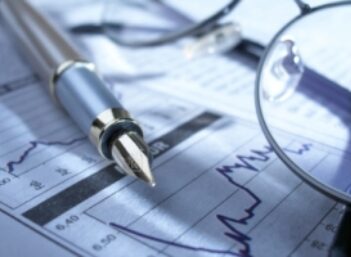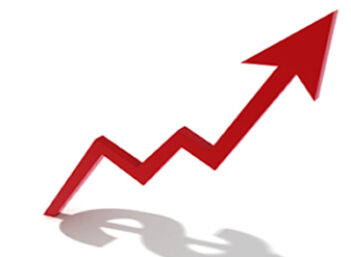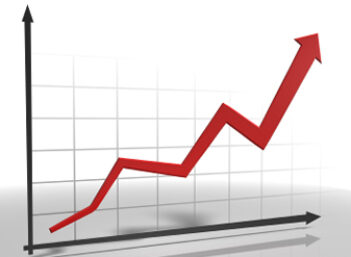Before investing in the foreign exchange (forex) market, you need to know the following basics...
1. Understand the Big Ideas.
The fundamental strategy behind making money in foreign exchange is the same one that applies to every other kind of investment: buy low and sell high. When it comes to currency, the idea is to buy a currency that you believe will increase in value relative to your home currency.
So, for example, if your home currency is the U.S. dollar and you want to trade yen, then you want to buy yen when they're cheap and sell them when they cost more. If it costs you $1 to buy 77 yen, for instance, then you'll want to hold those 77 yen until it costs more than $1 to buy 77 yen. In quotation form, this would be 1/77 -- that is, $1 buys 77 yen.
This currency match-up -- U.S. dollars and yen -- is called a pair, and it's usually written as 'USD/JPY.' Lots of investors trade USD/JPY; they also trade other pairs frequently. Euros and U.S. dollars (EUR/USD); British Pounds to U.S. dollars (GBP/USD) and Euros and Australian dollars (EUR/AUD) are just a few examples. There are about a dozen popular pairs that constitute the majority of forex trading.
2. Be an Information Sponge.
Successful forex trading means being a data junkie. That's because currencies are extremely sensitive to a variety of factors, all of which are interconnected. Think of a spider web: movement in one area makes the whole thing vibrate. Trade imbalances affect interest rates, which affect currency values. Unemployment numbers affect inflation, which affects currency values. And currency values affect other currency values.
If you want to trade currency, you'd better be a news junkie. Because in addition to studying inflation rates, interest rates and gross domestic products, if you don't know or understand the effects of things such as elections, wars, changes in foreign trade policies and changes in other fundamental political and economic characteristics of a variety of countries, the forex market will sideswipe you faster than a swimsuit model in a buffet line.
On top of that, you'll need to know the lingo. You'll need to know, for example, what a 'spread' is and what a 'pip' is. You'll need to know what a counter currency and a base currency is, and you'll need to know how to read charts.
3. Line Your Stomach with Steel or Other Durable, Nonalcoholic Substance.
Foreign exchange is not for the risk-averse. It's also not for 8-to-5, I-just-want-my-investments-to-be-on-autopilot types. It's for people who like to do research, analyze data and trade at odd hours.
The volatility in foreign exchange can be high, which means that you'll need to have the mental strength to see your account plummet one day and skyrocket the next. (If you throw up easily on roller coasters, think again about dabbling in foreign exchange.)
One way to test your mettle is to practice on the demo portions of forex brokers' websites; they let you trade with pretend money in real time so that you can learn how to execute trades and make mistakes without actually losing your shirt.
But remember, the foreign exchange markets are open 24/7, and that means you could miss news and trend changes if you do something selfish like, say, sleep. The trading hours of some markets only overlap a little with the trading hours of other markets in the world, which means that you might have a tiny window in which to trade certain currencies.
4. Paying the Piper.
Though a good broker and online trading system will help you along when you're getting started, their goal ultimately is not to tell you what to trade or how to invest, but how to execute. You have to take responsibility for the decisions. Forex is as much about timing as it is about skill, and if your broker is not online, not tracking currency movements in real time and not able to trade 24/7, you're hosed.
Always remember that commissions and taxes come out of your return. It's fun to make a buck -- until you realize that your broker and taxes have reduced that by half. Make sure your profit calculations factor those things in, or you'll be constantly scratching your head wondering why your account balance is smaller than it should be.
Of course, you don't necessarily need to choose each and every trade. You can invest in forex ETFs such as PowerShares DB US Dollar Index Bullish ETF (NYSE: UUP) or WisdomTree Dreyfus Emerging Currency ETF (NYSE: CEW), which will do the homework for you. (You just have to hope that the fund manager is doing the homework correctly.)



